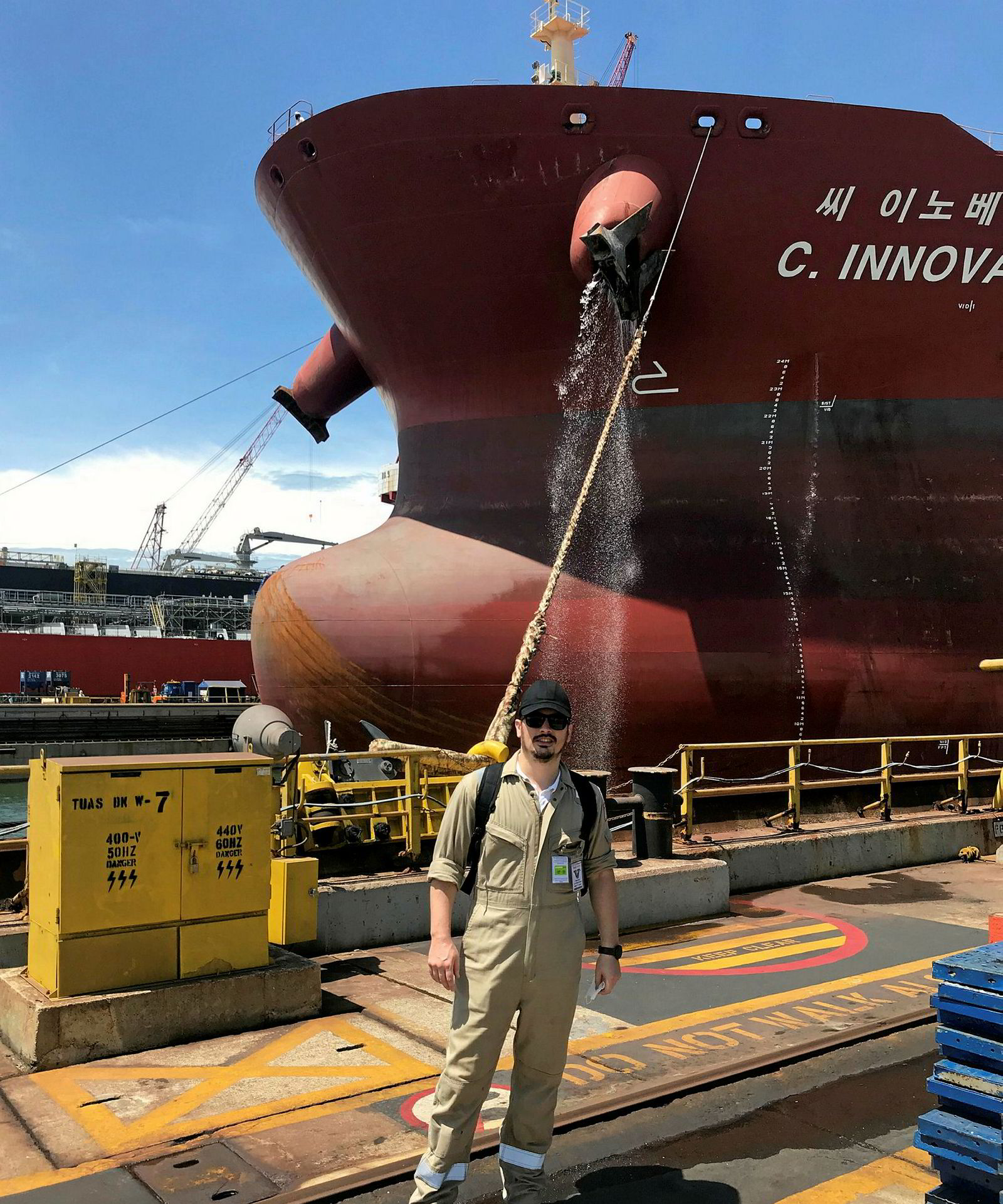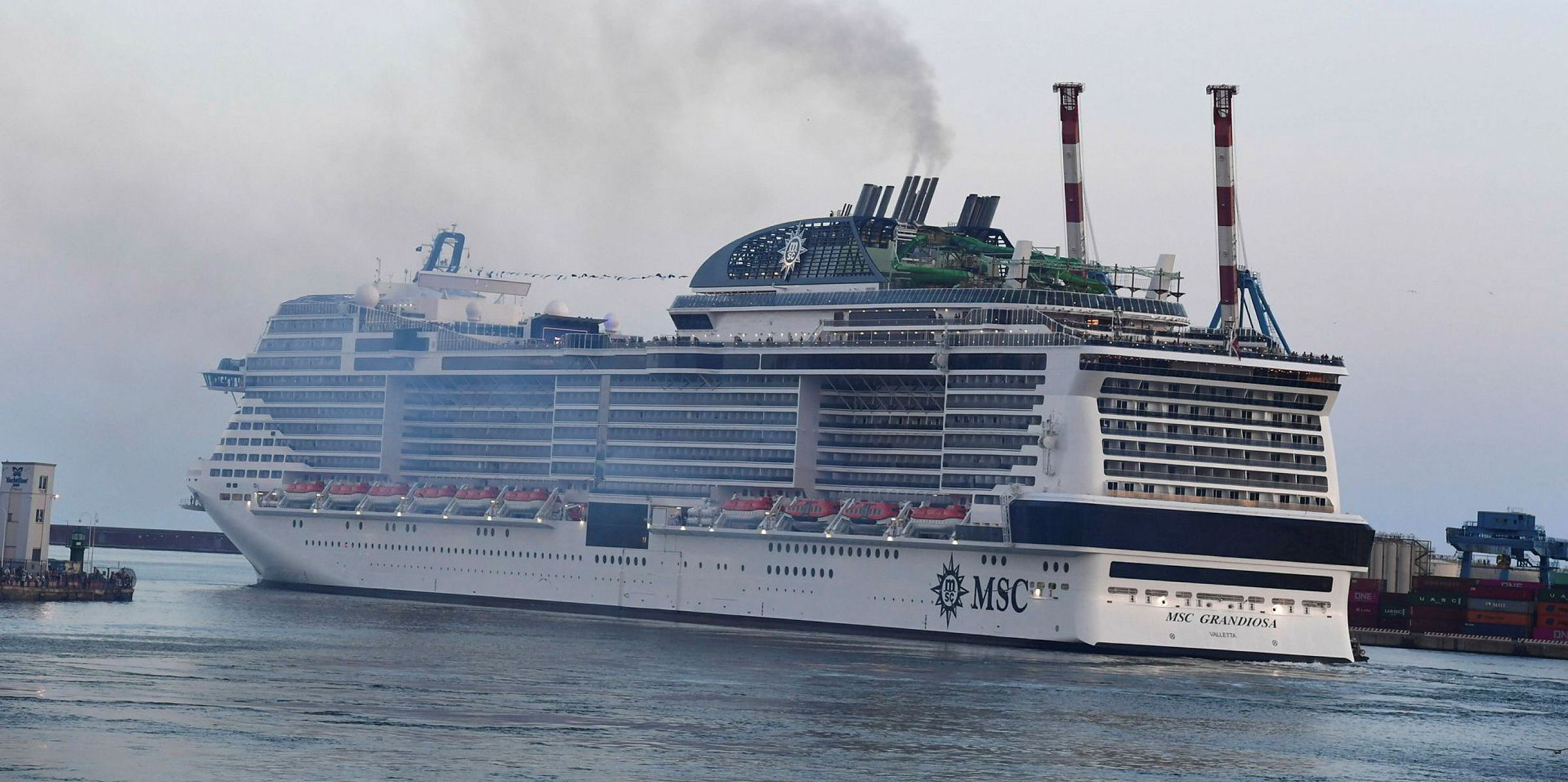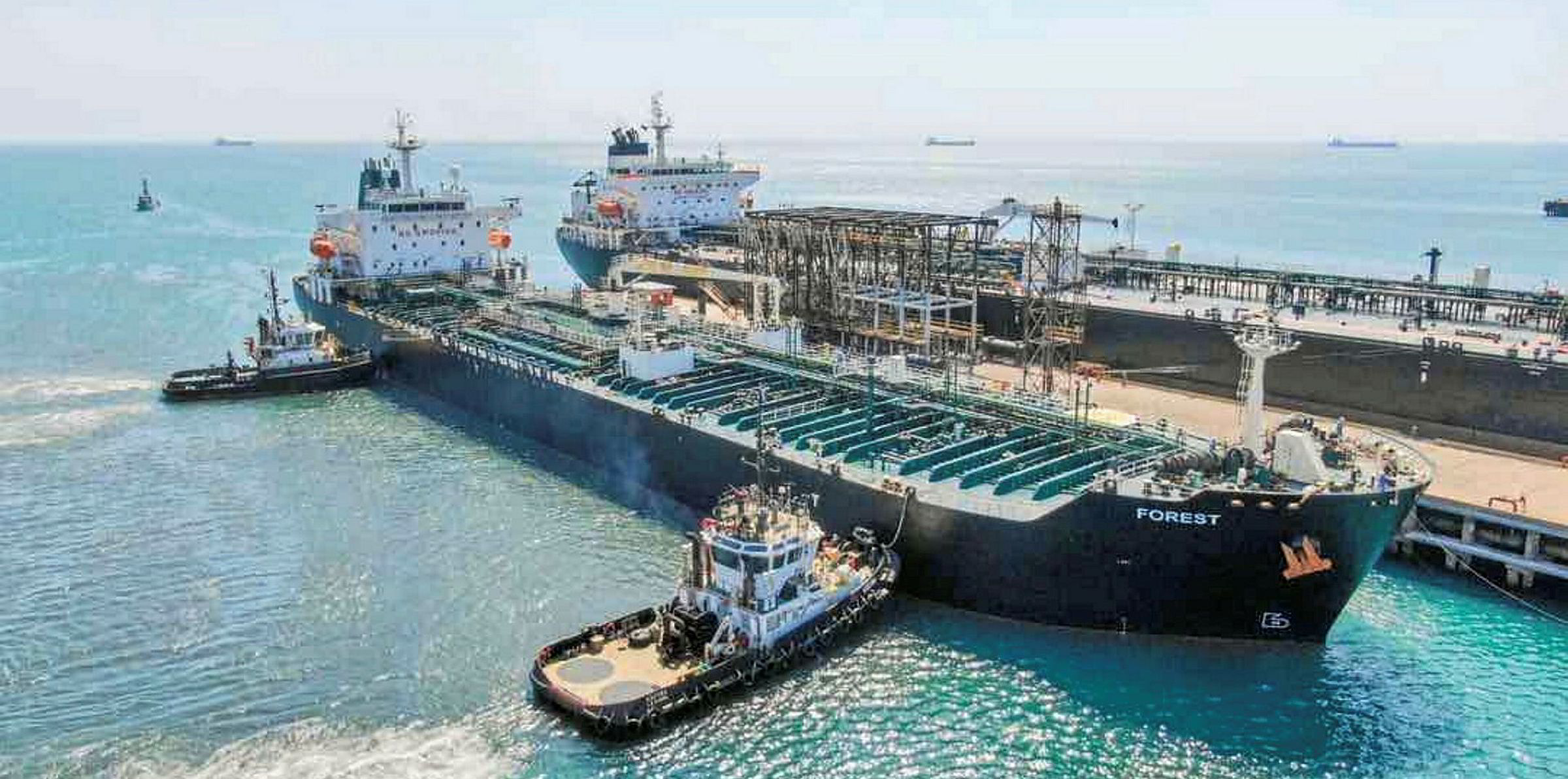International shipping law firm Campbell Johnston Clark is celebrating a decade in the business and has its sights set on a new Mediterranean office, according to one of its founding partners.
Jonathan Campbell told TradeWinds that the London-headquartered firm had hoped to establish an office in the region by its 10th birthday on 1 September.
The plan is still in the works but has been delayed by the global "annus horribilis" that has been 2020, he said.
"We have good connections with Greek P&I [protection and indemnity] clubs and we wanted to have a Greek office in time for our 10-year anniversary," Campbell said.
"It's always been an ambition of CJC to open a Mediterranean and a Far East office."
Now the plan is to open the new branch — which Campbell is "95% sure" will be in Piraeus — in 2021.
The obstacle is not being able to travel to set up the office in person.
When it does eventually open, the Mediterranean branch will be the fifth in CJC's global network, alongside its London headquarters and bases in Newcastle in north-east England, Singapore and its newest office in Miami, which opened last year.
About 60 people are employed across the network.
CJC has expanded rapidly since it was established, but Campbell said it will rest on its laurels once the new office is opened.
"We're just about the right size now so we'll slow our growth from now on. We're big enough to handle whatever shipping can throw at us, but small enough to all know each other," Campbell said.
CJC's founding partners comprise Campbell, Alistair Johnston, who is director of CJC's London office, and Julian Clark, who left the firm in 2016 and is today senior partner at rival firm Ince & Co.
The trio initially bonded while developing a Turkish practice at law firm Holman Fenwick Willan, which led to them forming a company of their own.
Even today, CJC has a "strong" Turkish presence, Campbell noted.
Big wins
CJC has had some notable successes over the past few years, including a win in the UK Supreme Court earlier this year.
In April, the firm represented Credit Europe Bank in the Atlantik Confidence case and won in the UK's highest court, as TradeWinds reported.
The Supreme Court ruled that insurers cannot pursue claims in England to recover the $22m paid out for a bulker that was later determined to have been scuttled by its owners.
Netherlands-based Credit Europe Bank, which is owned by Turkish interests, had refinanced the scuttled vessel, on which it had a mortgage and was the assignee of its insurance policy.
More recently, the firm successfully represented shipowner Weco Projects in defending a jurisdictional challenge, after the super-yacht My Song — which was leased to Italian fashion designer Pier Luigi Loro Piana — fell from the vessel that was carrying it to Genoa, Italy, from Antigua.
CJC was also successful in representing the shipowner in the Alhani case in 2018, which is considered one of the leading judgments on the Hague Rules in recent years.
The judgment held that the time bar created by Article III Rule 6 of the Rules applies to misdelivery claims where a shipowner has delivered the cargo to a third party without producing the bill of lading.
CJC has also been successful in the Purple Beach, Cheshire and Mustafa Khan maritime cases, which Campbell said were other highlights in the firm's first decade.
Shipping lawyers are forever
Looking to the future, Campbell told TradeWinds he expects law firms will make increasing use of artificial intelligence (AI) technology, particularly in non-contentious areas, such as drafting contracts and documentation.
"By its very nature, this will remove the need for lawyers in some parts of the business," he said. "But it will also drive people to being more specialised and to become experts in their field."
But there will always be demand for shipping lawyers, according to Campbell.
A computer can never give advice, although AI has been used experimentally to generate "terrifying" legal opinions, he said.
CJC, he said, has tried to establish itself as having "everything a shipowner needs" — with practices in non-contentious issues, admiralty and commercial law — which Campbell hopes will sustain the firm for many more years to come.















